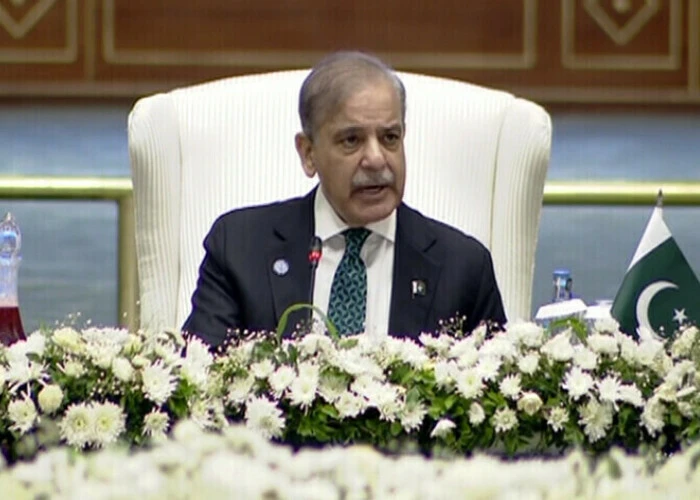
In the heart of Mecca, years before the world would witness the revelation of Islam, a young boy named Abdullah ibn Abi Quhafa grew up amidst the bustling streets of the Quraish tribe. This boy, who would later be known as Abu Bakr As-Siddiq, was destined for a life that would leave an indelible mark on history. From an early age, his truthfulness, kindness, and integrity set him apart. As a merchant, he earned not just wealth but also the respect and admiration of his community. Little did they know, he would one day be the closest companion of the Prophet Muhammad (peace be upon him) and the first Khalifa of Islam.
A Leap of Faith
The day Abu Bakr first heard of Islam was not an ordinary day. When his dear friend Muhammad (peace be upon him) confided in him about his divine mission, Abu Bakr did not hesitate. He embraced the truth with an open heart and unwavering conviction. His acceptance of Islam was not just a personal decision; it became a catalyst that inspired others to follow suit. Through his gentle persuasion, notable figures like Uthman ibn Affan and Abdur Rahman ibn Awf also embraced the new faith.
Abu Bakr’s commitment to Islam was evident in his actions. He spent his wealth to free slaves who suffered for their faith. Among them was Bilal ibn Rabah, whose resounding call to prayer would later echo across Medina. Abu Bakr’s generosity knew no bounds, and his faith was unshakable, even in the face of persecution.
The Journey of a Lifetime
When the Prophet Muhammad (peace be upon him) prepared to leave Mecca for Medina, danger loomed at every corner. It was Abu Bakr who accompanied him on this perilous journey. Together, they sought refuge in the Cave of Thawr, where Abu Bakr’s protective instincts came to the fore. He plugged holes in the cave with his own garment and even endured a snake bite to shield the Prophet from harm. The Quran immortalized this moment in Surah At-Tawbah:
“When the Prophet said to his companion, ‘Do not grieve; indeed Allah is with us.’” (Quran 9:40)
The journey was more than a migration; it was a testament to Abu Bakr’s loyalty and love for the Prophet. His unwavering trust and courage ensured the safety of Islam’s most precious messenger.
A Leader with Humility
The passing of the Prophet Muhammad (peace be upon him) in 632 CE was a moment of profound grief for the Muslim community. Amid this sorrow, Abu Bakr’s steady leadership became a beacon of hope. As the first Khalifa, his humility shone through in his inaugural speech: “I have been given authority over you, but I am not the best among you. If I do well, help me; if I do wrong, set me straight.”
Abu Bakr faced immense challenges, including the Ridda Wars, during which some tribes refused to pay zakat. His firm stance preserved the unity of the Muslim community. He also initiated the compilation of the Quran, ensuring that the sacred text would remain intact for generations to come.
Acts of Generosity and Truth
Abu Bakr’s life was a tapestry woven with acts of generosity and truth. One day, the Prophet Muhammad (peace be upon him) asked his companions to give charity. Umar ibn al-Khattab brought half of his wealth, proudly declaring he had left the other half for his family. When Abu Bakr came forward, he had given everything he owned. The Prophet asked, “What have you left for your family?” Abu Bakr replied, “I have left Allah and His Messenger for them.” His complete trust in Allah and selflessness were unparalleled.
Another story illustrates his humility. Even as Khalifa, Abu Bakr continued to milk goats for a widow in his neighborhood. When she feared he might stop due to his elevated position, he assured her, “My position will not change my commitment to serving you.”
A Love Beyond Measure
Abu Bakr’s love for the Prophet Muhammad (peace be upon him) was profound. When his father, Abu Quhafa, accepted Islam in his old age, Abu Bakr wept. He explained that he wished it had been Abu Talib, the Prophet’s uncle, embracing Islam instead, as it would have brought more joy to the Prophet. Such was the depth of his devotion.
Trump’s Presidency Poised to Reverse Biden’s Climate Legacy
During the Treaty of Hudaybiyyah, when many companions were disheartened by the terms, Abu Bakr remained steadfast. He reassured them of the Prophet’s wisdom, bolstering their faith in a time of doubt.
An Enduring Legacy
Abu Bakr’s journey came to an end on 22 Jumada al-Thani in 13 AH (August 23, 634 CE). He passed away at the age of 63, leaving behind a legacy of faith, humility, and leadership. True to his wish, he was buried beside the Prophet in Medina.
Before his passing, Abu Bakr appointed Umar ibn al-Khattab as his successor, ensuring a smooth transition of leadership. Umar’s tenure would build upon the solid foundation laid by Abu Bakr, further expanding the Islamic state.
Conclusion
The story of Abu Bakr As-Siddiq is one of unwavering faith, unparalleled generosity, and steadfast leadership. From his early acceptance of Islam to his sacrifices for the Prophet and his service to the Muslim community, his life is a shining example of what it means to lead with integrity and compassion.
In a world often driven by personal ambition, Abu Bakr’s humility and devotion stand as a timeless reminder of the values that truly matter. His story continues to inspire Muslims across generations, a beacon of light guiding the way to faith and righteousness.
Follow Day News on Google News, Instagram, YouTube, Facebook, Whats App, and TikTok for latest updates
















